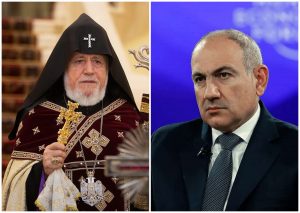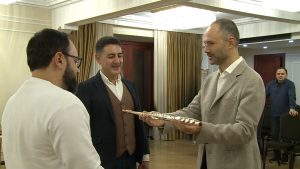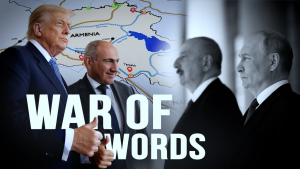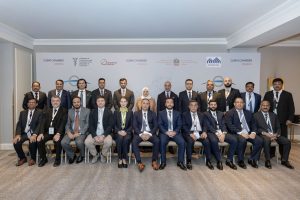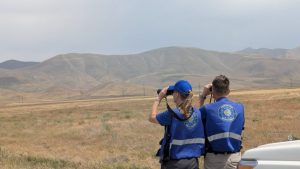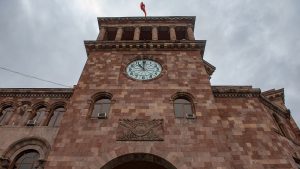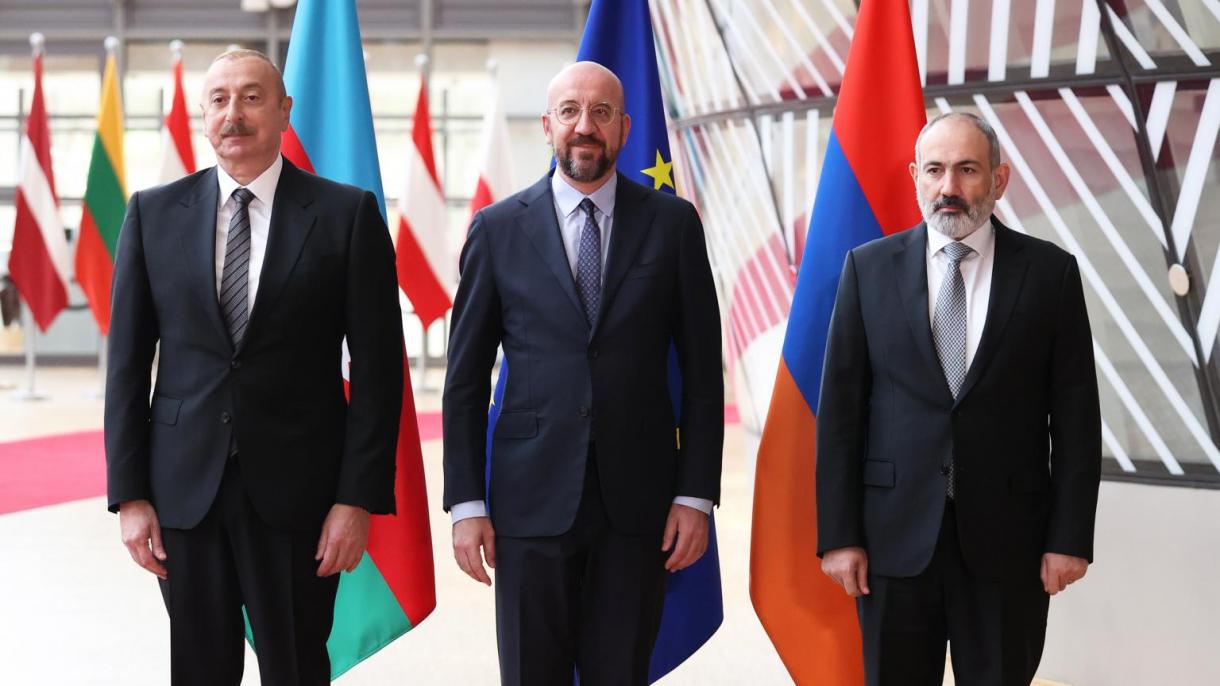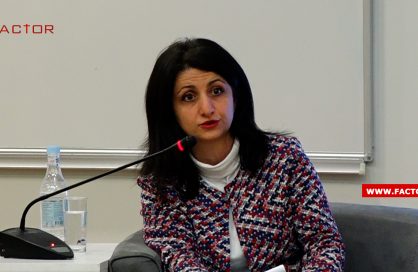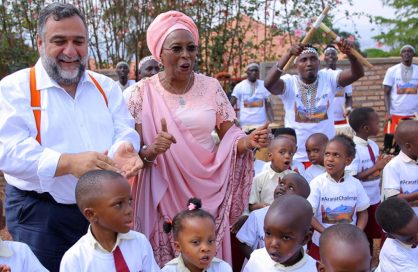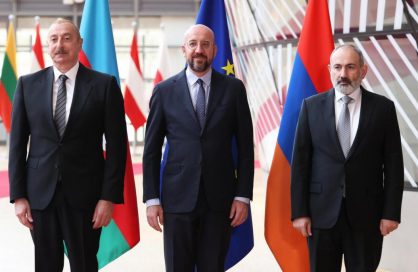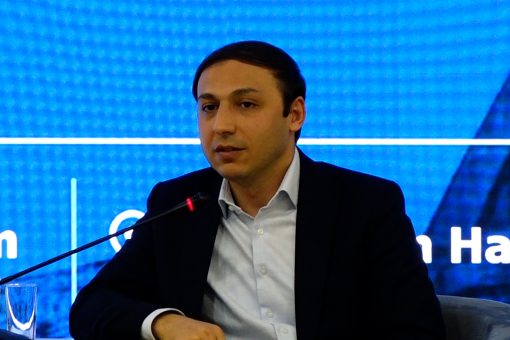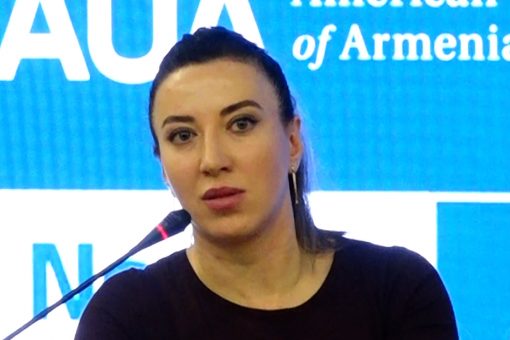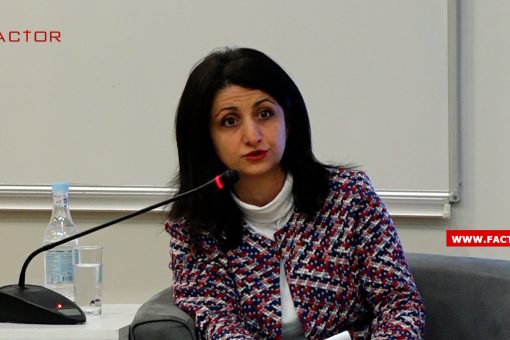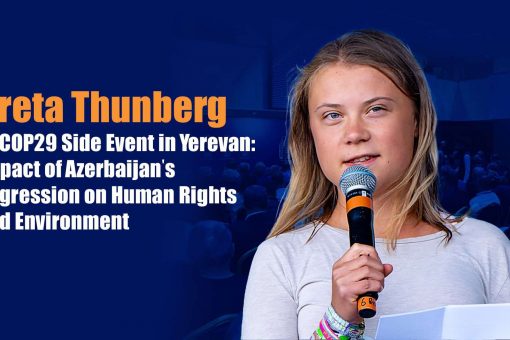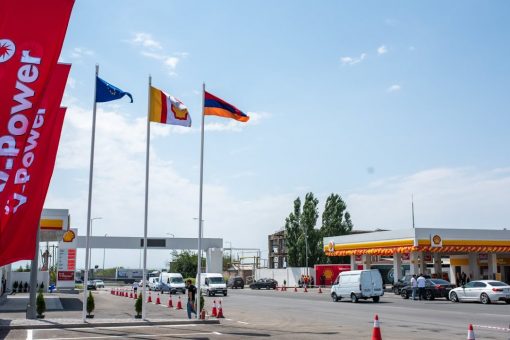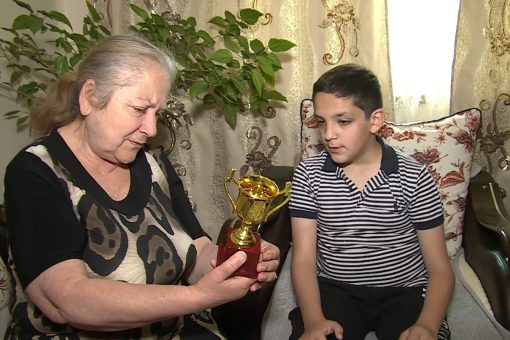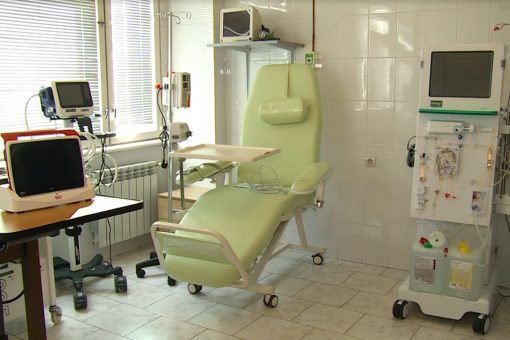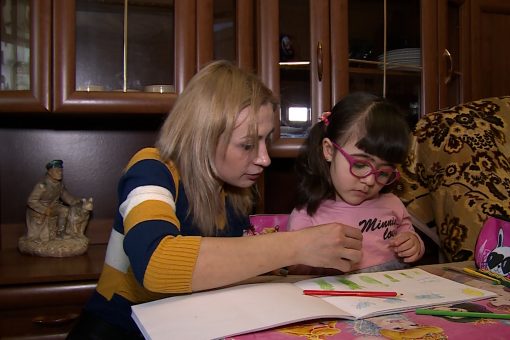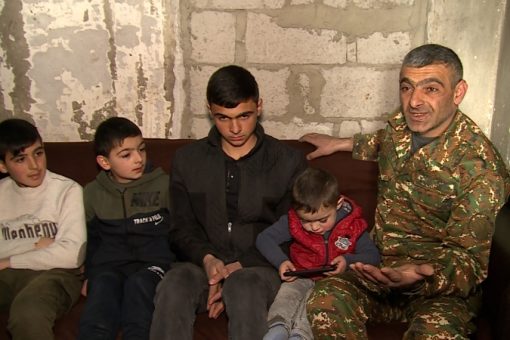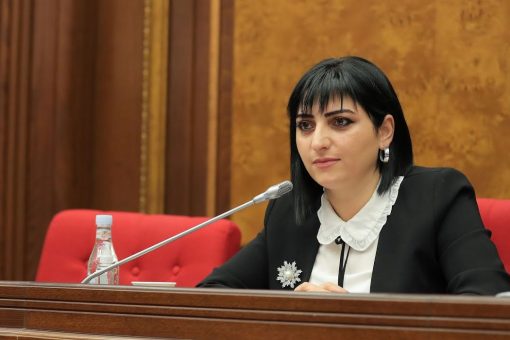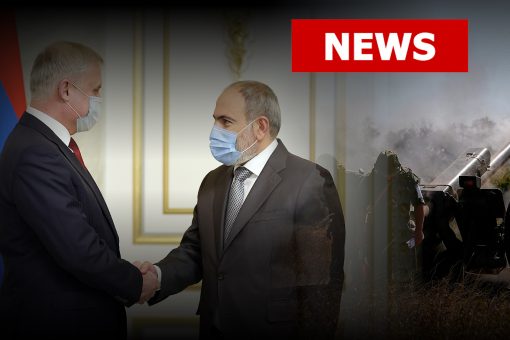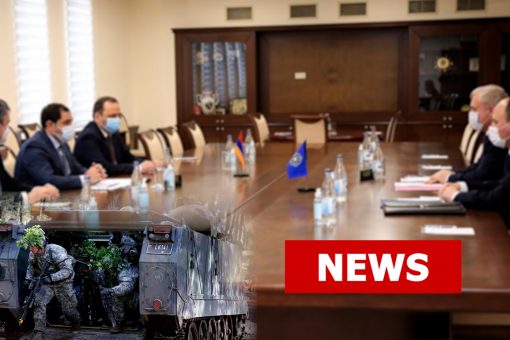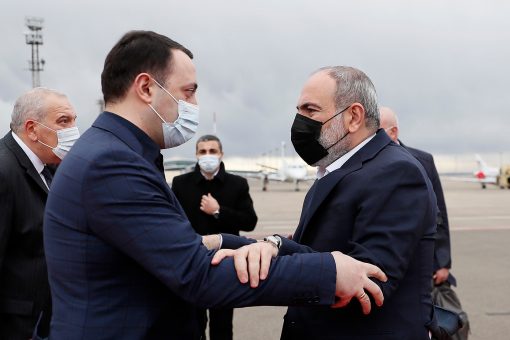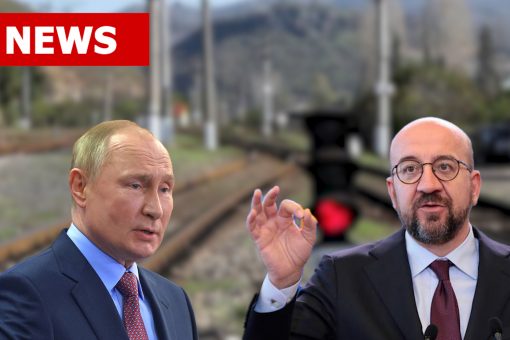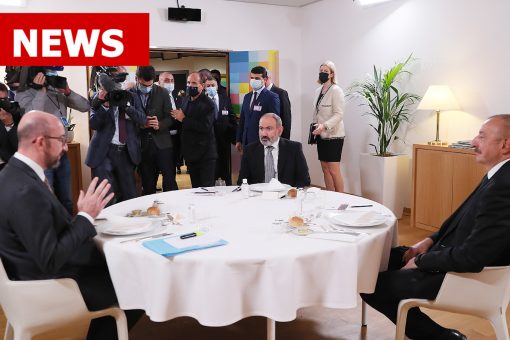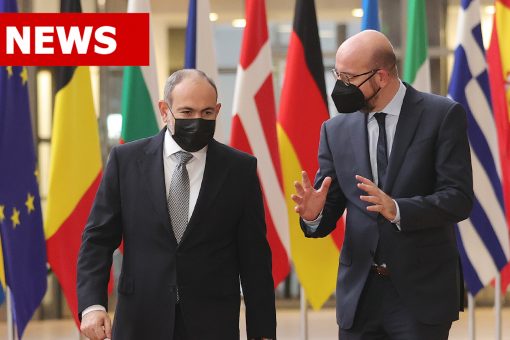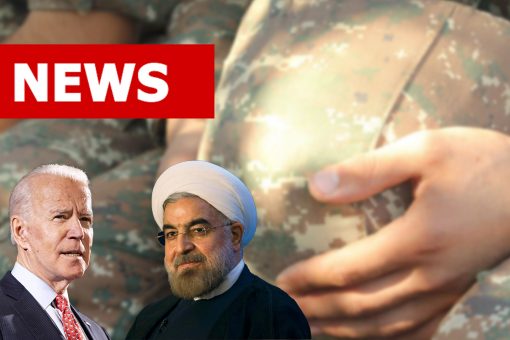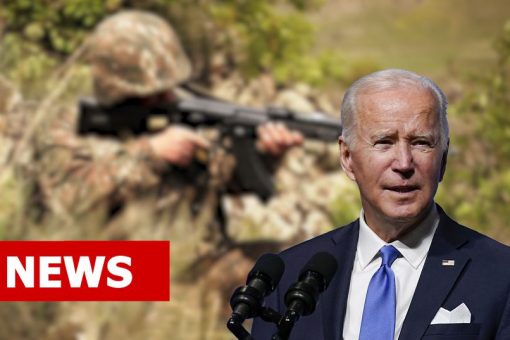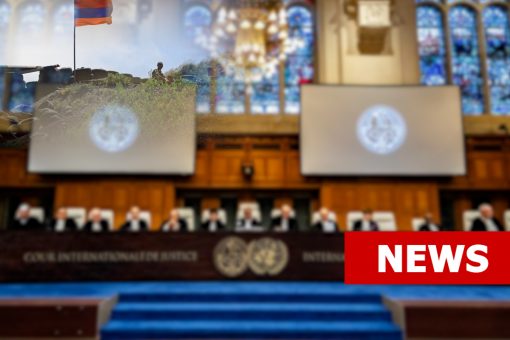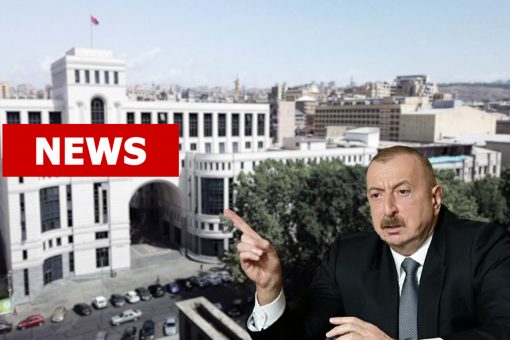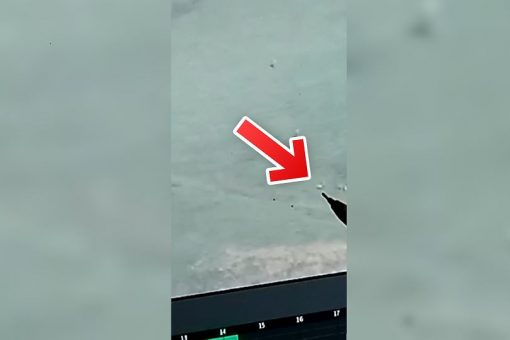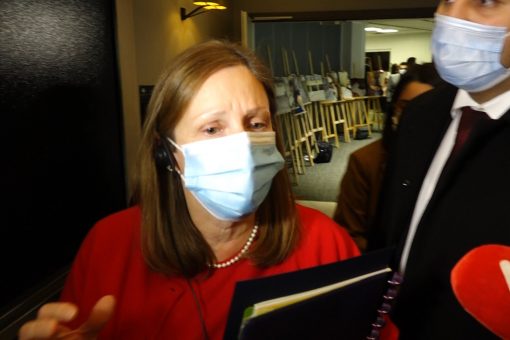Gorbachev: For Karabakh, there was no simple solution then and there is none today
POLITICS
03.08.2021 | 15:35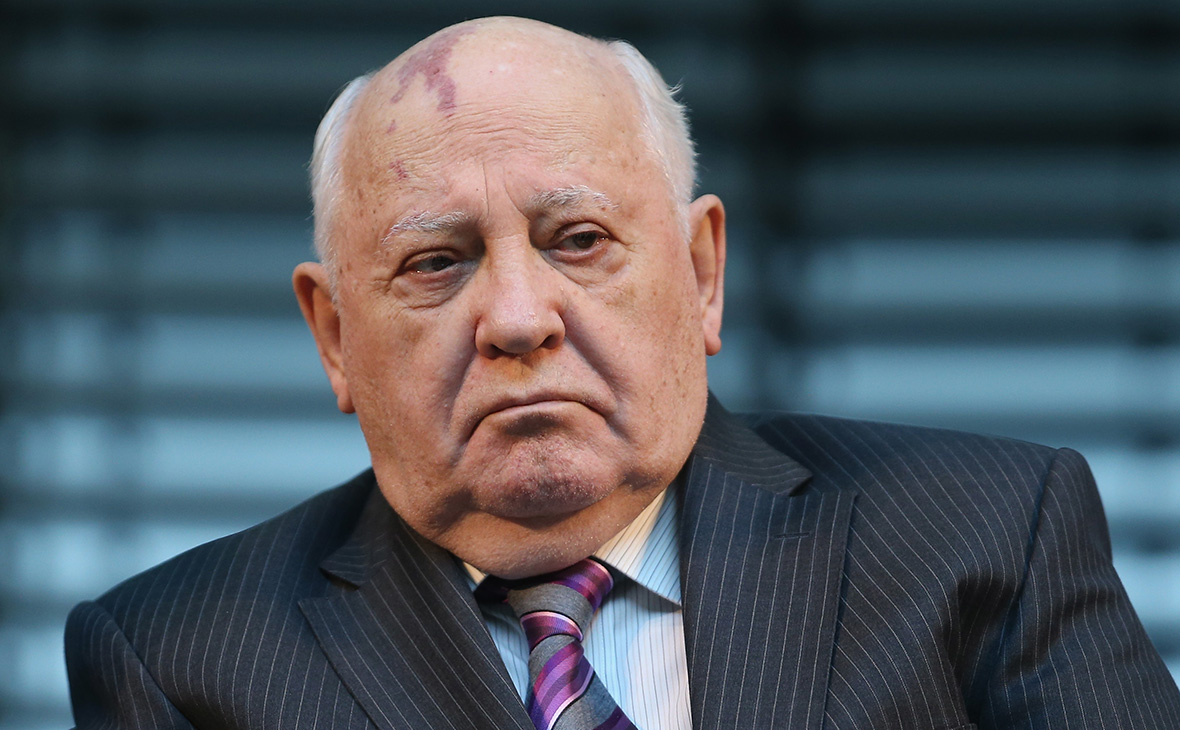
The first president of the USSR, Mikhail Gorbachev, has written an article entitled “Understanding Perestroyka, Preserve New Thinking,” which was published in the Globalaffairs.ru.
Gorbachev writes that more than three and a half decades have passed since the beginning of the changes in the Soviet Union, which was renamed “perestroika”. However, the controversies over what it meant for and what it brought to the world have not stopped.
“And I am constantly thinking about it, looking for answers to the questions given to me by scientists, journalists, authors of letters from Russia and other countries,” Gorbachev wrote, noting that the experience and lessons of “perestroika” are relevant today, not only For Russia.
In the article he also speaks about Nagorno Karabakh. Gorbachev says that behind the ‘façade’ of the rapprochement of the Soviet peoples, there were acute problems, the solution of which no one was looking for. According to him, Stalin viewed any nationalist issue as anti-Soviet, oppressing them rapidly.
“It was inevitable that in the conditions of democratization and great freedoms all that would come to light. It must be admitted that we did not initially realize the scale and severity of the problem, but when it arose, we could not act on the methods of pressure and restraint,” he goes on. “When the Nagorno-Karabakh conflict escalated in 1988, it was the basis. The roots of the conflict are old, there was no simple solution then and there is none now, although they tried to convince me that the solution of the problem can be achieved by redrawing the borders. There was a common opinion in the country’s leadership, it is inacceptable. I thought that the agreement on the status of Nagorno Karabakh should be left to Armenians and Azeris, and the role of the union center was to help them resolve the situation, in particular, by solving economic issues. “I am convinced that it was the right line,” Gorbachev wrote. He notes that neither the party bodies nor the intelligentsia of the two republics were able to come to a dialogue. “The extremists pushed them aside. Events unfolded like a snowball. At the end of February 1988, blood was shed in Sumgait. It was necessary to deploy troops to stop the massacre,” Gorbachev wrote.
He says during that period, 1987-1988, he sought to develop a common democratic approach to inter-ethnic disputes, according to which national problems could be resolved in the general context of political and economic reforms.





